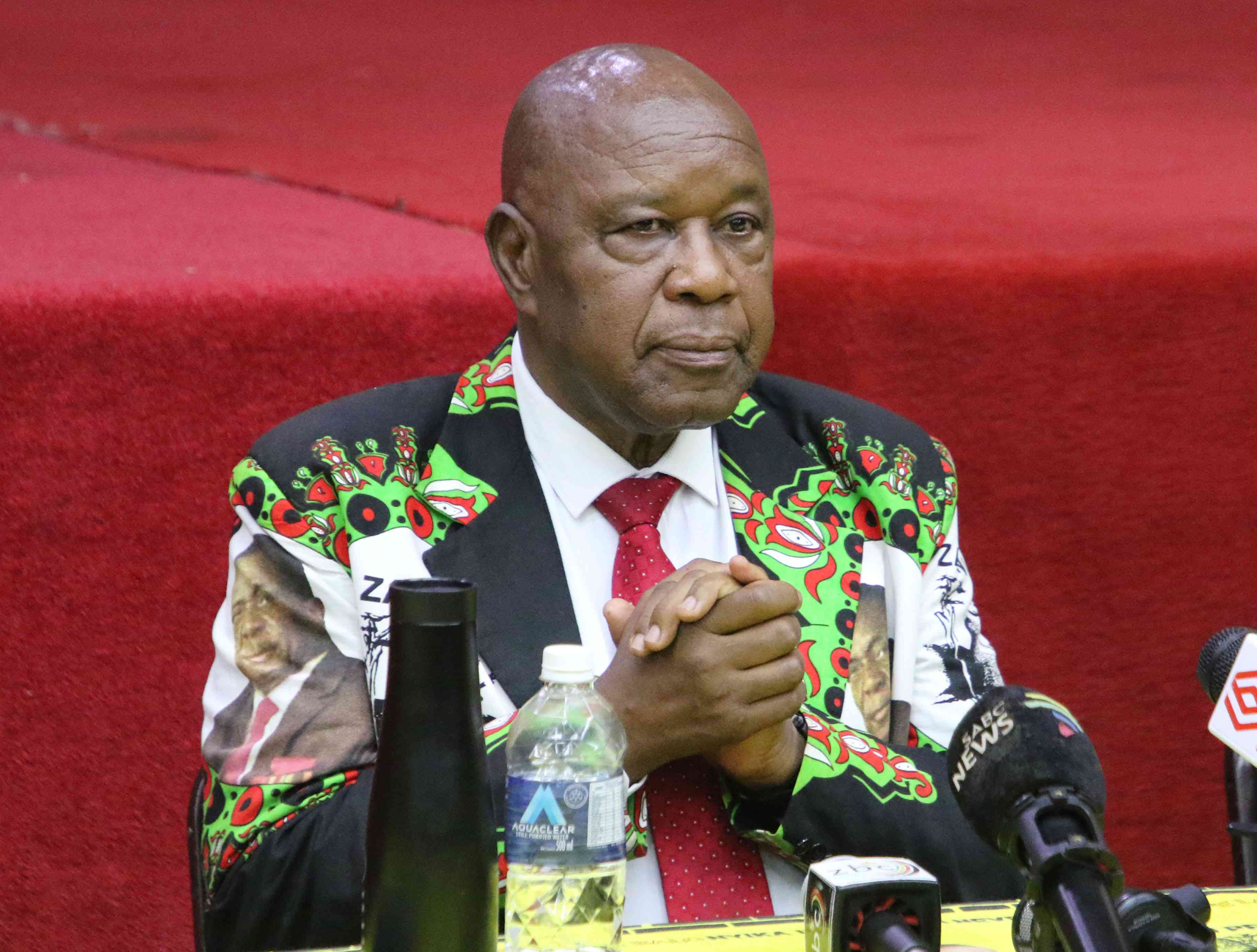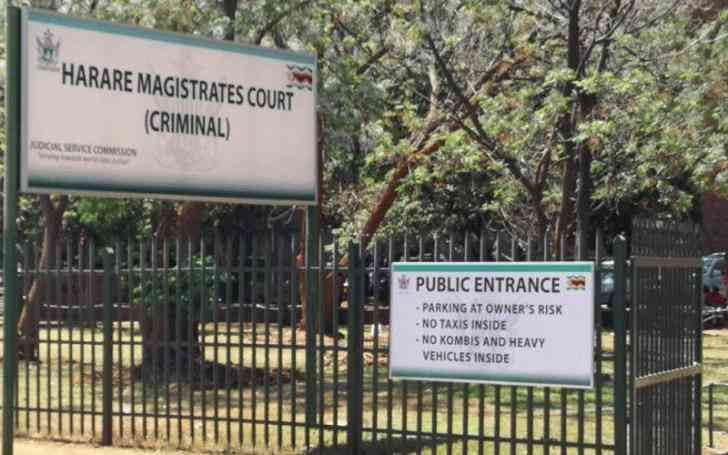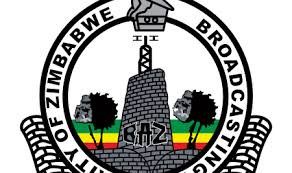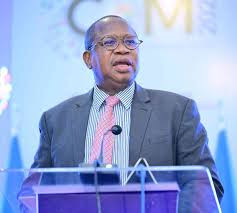The upcoming Public Hearings for the PVO Bill next week show that the government is determined to shut down civic space.
There is concern that if 10,000 organizations were to express interest in registering to support persons with disabilities, they may be restricted based solely on the fact that they have the same mandate.
This limitation goes against the fundamental principles of freedom of association and expression, which are essential for a thriving civil society.
The PVO Bill aims to amend the Private Voluntary Organizations Act, which was first enacted in 1990 to regulate and monitor the operations of non-governmental organizations (NGOs) in Zimbabwe.
However, many civil society organizations (CSOs) have raised concerns about the proposed amendments, stating that they will severely restrict their ability to operate and fulfill their mandates.
One of the main issues with the PVO Bill is the provision that limits the number of organizations that can register to support a particular cause.
Keep Reading
- Letter to my people: Real dictators raising their hands
- 2023 election: The greatest economic outlook risk for Zim
- Village Rhapsody: Lack of electoral reforms has cast a shadow on 2023 polls
- Demystifying RBZ’s 2023 Monetary Policy Statement
This not only goes against the principles of inclusivity and diversity, but it also undermines the potential impact of collective action. If thousands of organizations are willing to work together towards a common goal, they should not be restricted based on their numbers.
Furthermore, the Bill also dictates the structure and composition of PVOs, which should be determined by the organizations themselves. While some CSOs have a membership-based structure, others have a combination of trustees and members, and some operate solely through trustees.
These are all acceptable forms, as long as there are proper checks and balances in place to ensure good governance and accountability. By imposing a specific structure, the government is overstepping its boundaries and impeding on the autonomy of CSOs.
However, the most alarming aspect of the PVO Bill is the provision that allows for the politicization of aid and funding for political parties. This not only goes against the role of CSOs as independent entities, but it also raises concerns about the potential misuse of funds and the alignment of aid with political agendas.
Many CSOs have voiced their opposition to this provision, stating that it could compromise their credibility and hinder their ability to effectively serve the communities they are meant to support.
In addition to these concerns, there are also provisions in the Bill that could lead to the prosecution of individuals within PVOs for misnomers of their organizations.
This creates a culture of fear and could be used as a tool to target individuals who are working towards social and political change. It is important to note that organizations are legal persons and should be held accountable as such, rather than targeting individuals who may be acting on behalf of the organization.
CSOs have consolidated their concerns and recommendations in their submissions to parliament, but it is worrying that the Bill is being fast-tracked without proper consideration for these concerns.
The media reports that the Bill will be passed as is, despite the numerous objections and recommendations from CSOs and other stakeholders.
President Mnangagwa had initially intervened in the drafting of the PVO Bill, providing an opportunity for the government to reconsider some of the provisions. However, his concerns were not addressed, and the Bill remains unchanged.
This goes against the government's commitment to creating an enabling environment for civil society to thrive and fulfill their roles in society.
If passed, the PVO Bill will not only restrict the operations of CSOs, but it will also have a chilling effect on civic space in Zimbabwe. It will limit the ability of organizations to advocate for the rights and needs of their constituents, and ultimately hinder the development and progress of the country.
It is imperative that individuals and organizations come out in large numbers to the Public Hearings for the PVO Bill and voice their opposition to the proposed amendments.
This is a crucial opportunity for citizens to exercise their right to participate in the legislative process and make their voices heard. The more people who show up and speak out against the Bill, the stronger the message will be to the government that the proposed amendments are not acceptable.
Additionally, it is important for citizens to understand the potential impact of the PVO Bill and how it could restrict the operations of civil society organizations and limit their ability to serve the communities they work in.
By attending the Public Hearings and rejecting the Bill, individuals will be standing up for the rights and needs of all Zimbabweans and promoting a more inclusive and democratic society. Let us come together and make our voices heard to protect the future of civic space in our country.





